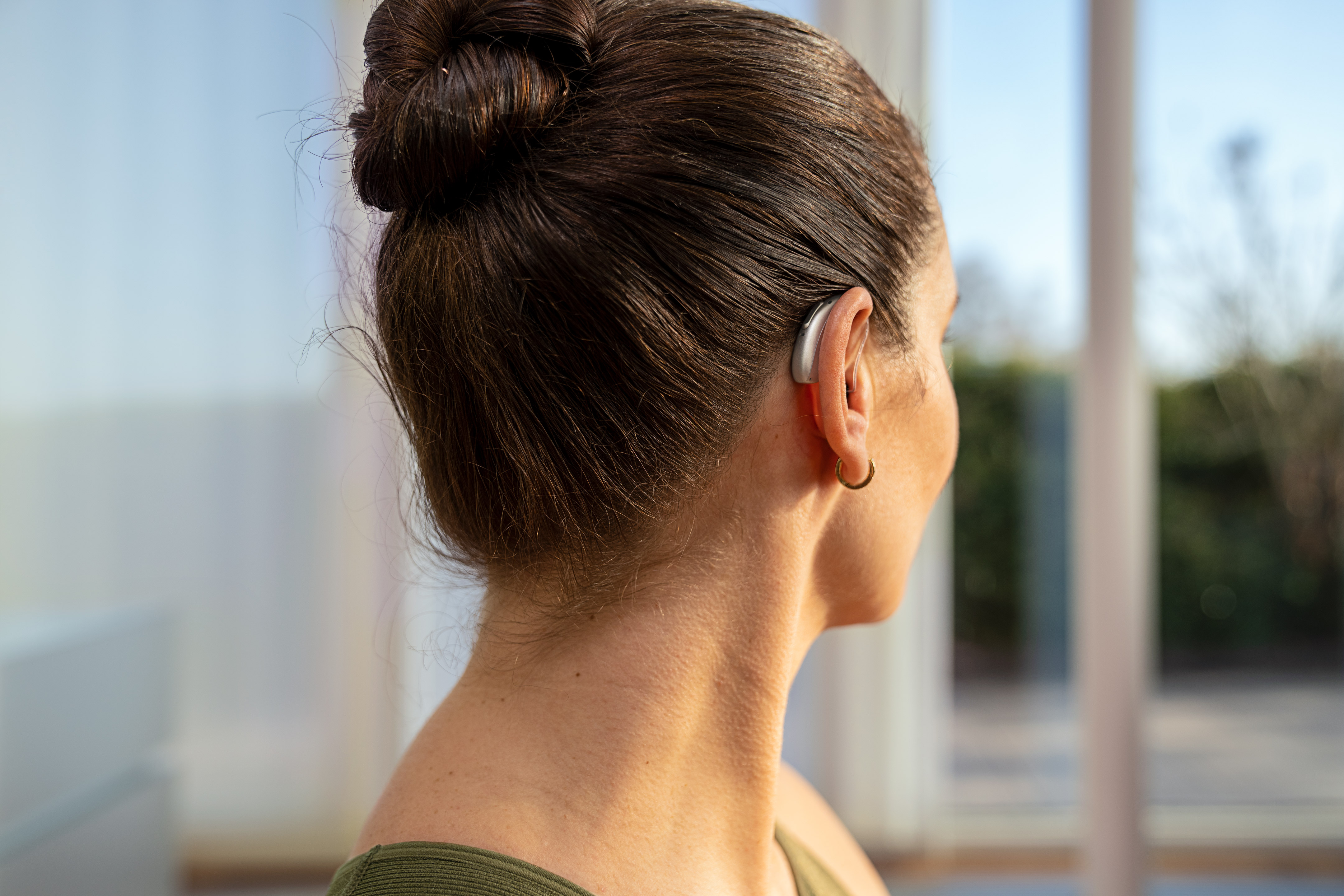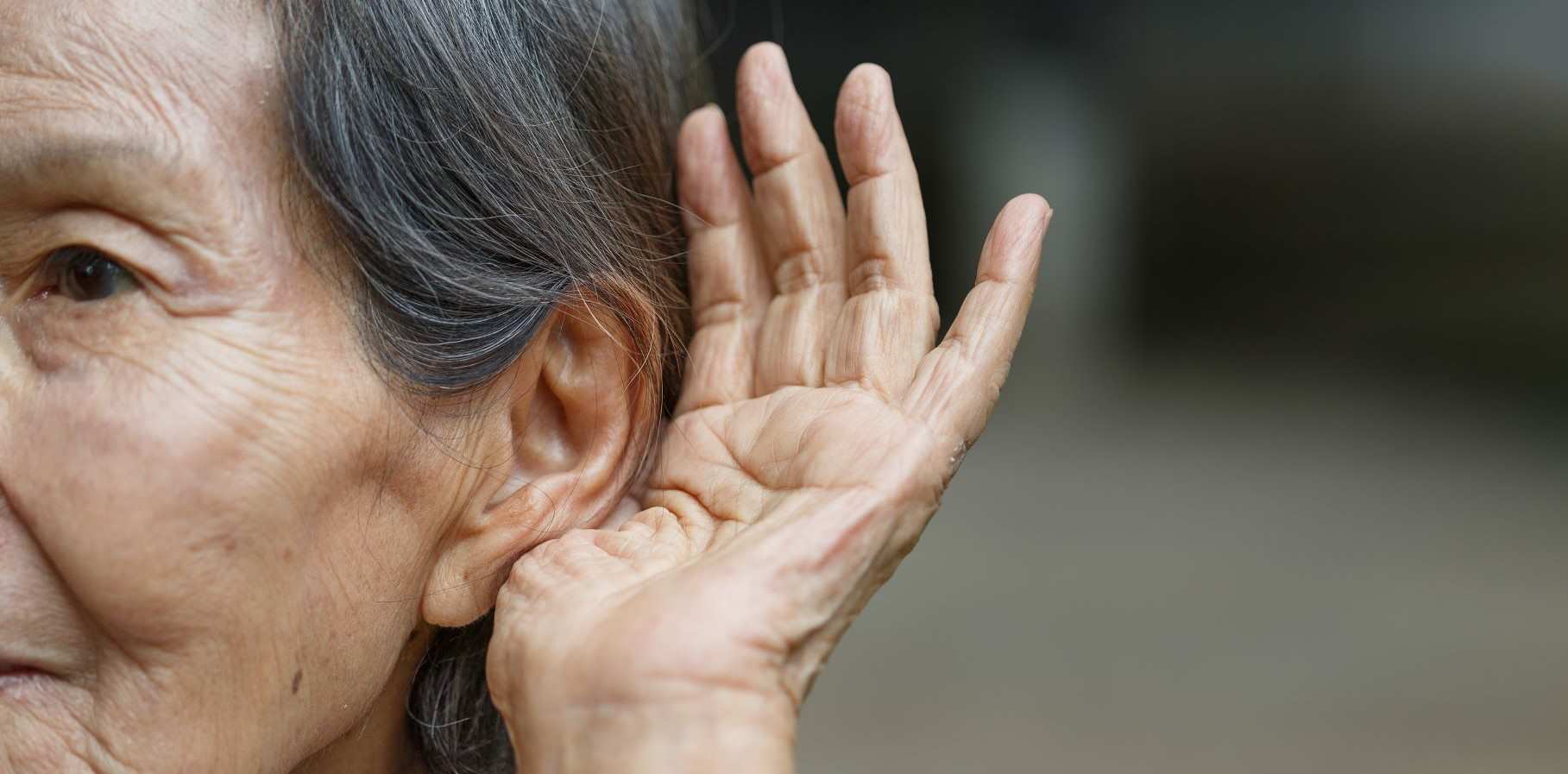If living with hearing loss wasn’t already hard enough for the 1 in 6 Australians who currently suffer from it, scientists have recently discovered potential links between hearing loss and the occurrence of cognitive problems, including dementia.
Researchers from the John Hopkins School of Medicine in Baltimore partnered with a handful of other US research institutions to carry out the groundbreaking experiment. Led by Frank Lin, M.D., an otologist and epidemiologist at Johns Hopkins University, the study followed 639 American adults aged 39 – 90, between the years of 1990 and 1994.
Each participant underwent a series of tests to establish their cognitive and aural abilities. They were then closely monitored closely for any signs of developing Alzheimer’s and dementia until May 2008.
At the start of the study, not one of the 639 participants showed any signs of dementia or Alzheimer’s. 125 of them had ‘mild’ hearing loss, 53 had ‘moderate’ hearing loss and just 6 had ‘severe’ hearing loss. The rest could hear perfectly. All were mentally sharp and emotionally stable.
After roughly 12 years, a mid-progress report found that:

.png?branch=web_prod)



.png?branch=web_prod)